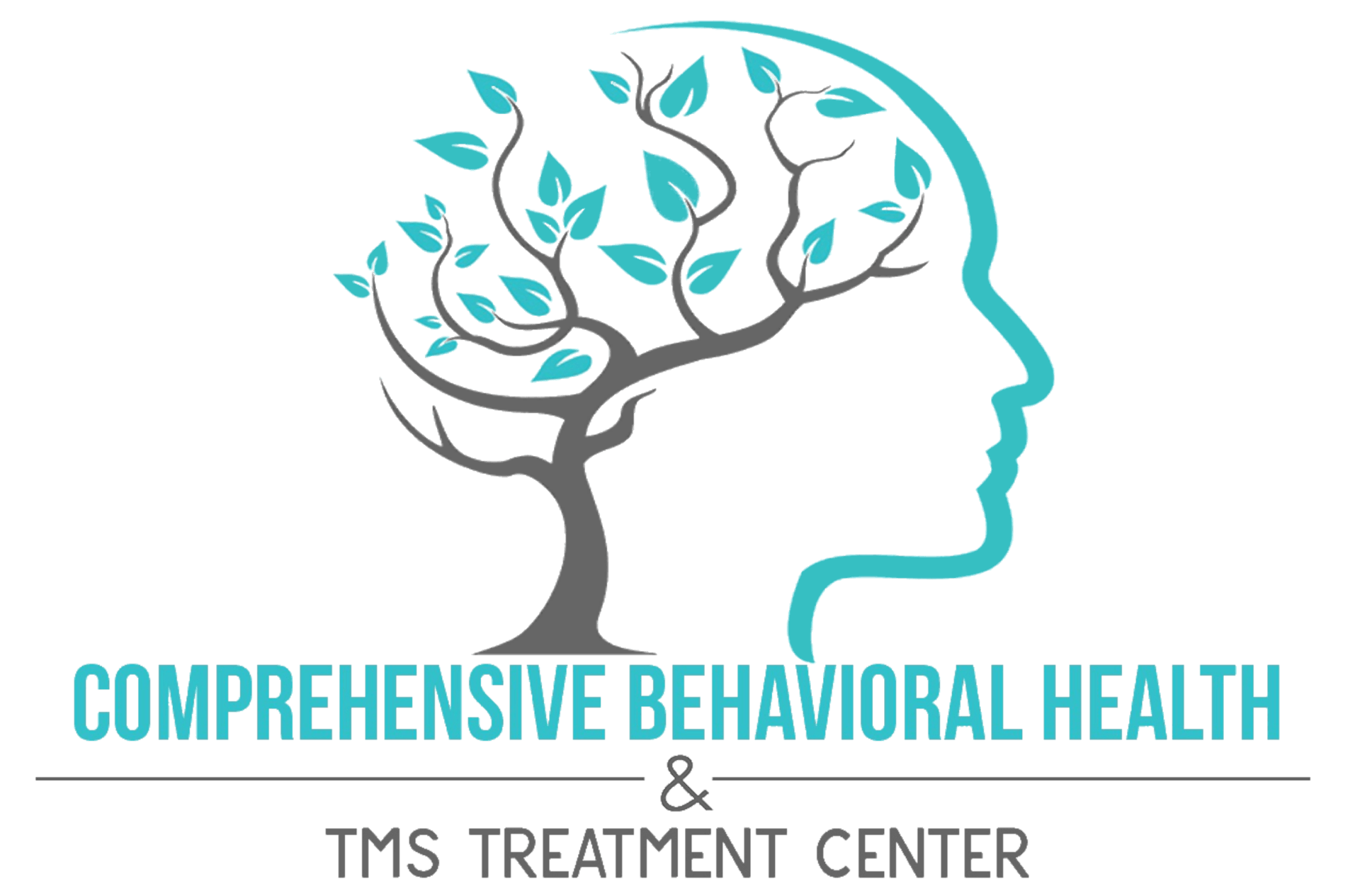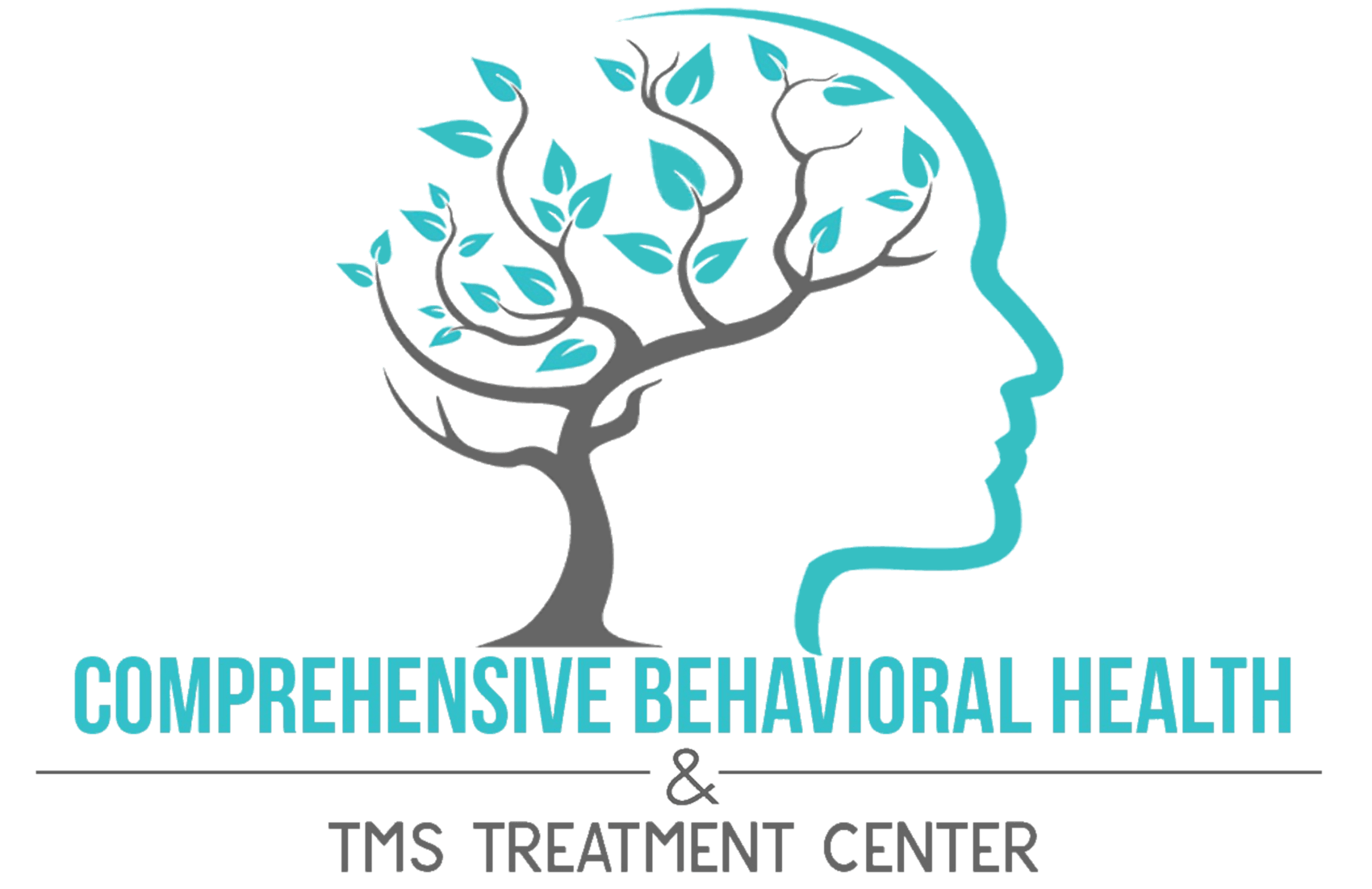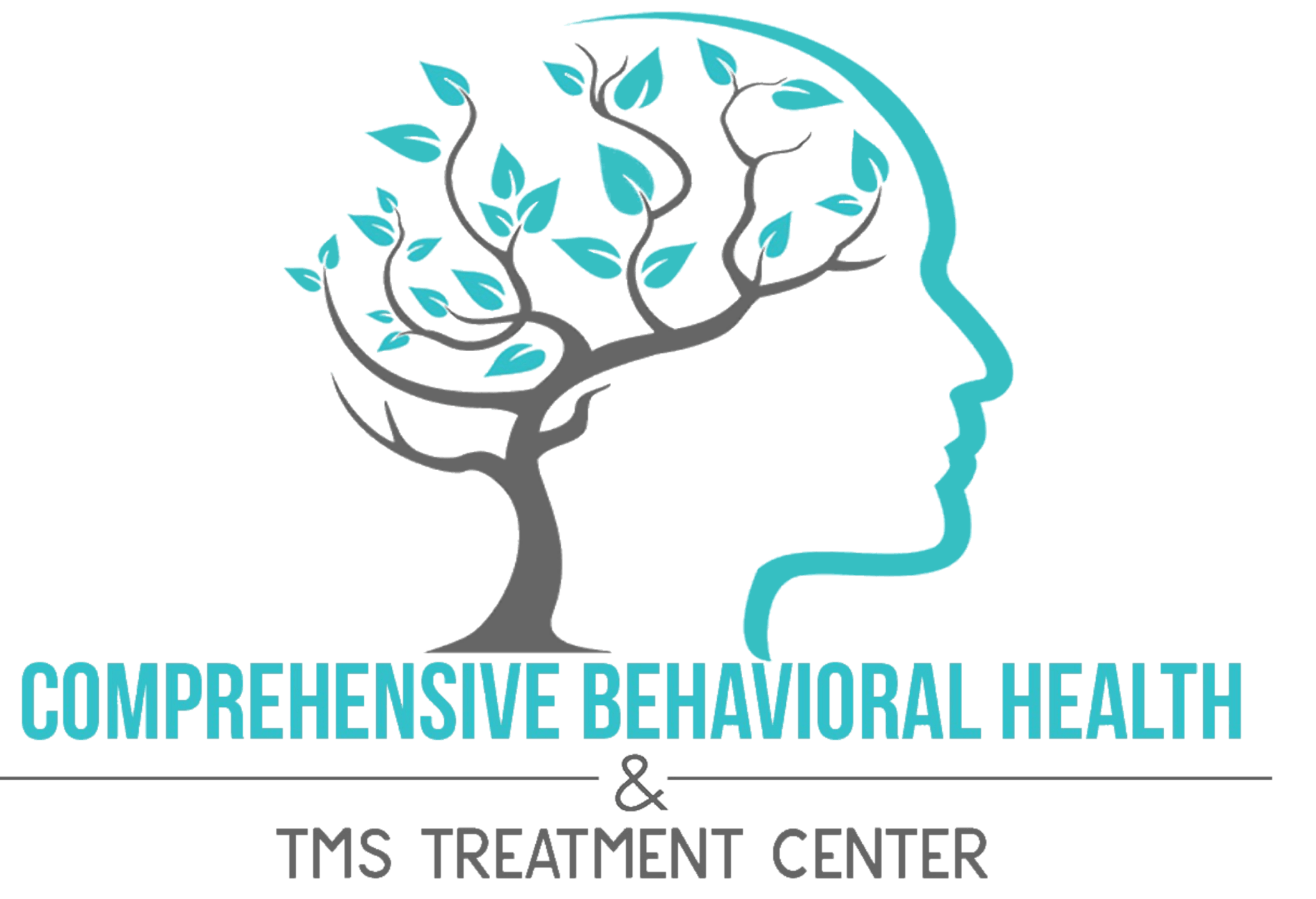Psychiatric Evaluations in Staunton, VA
Get the Help You Need from the Experts
Our Psychiatric Evaluations Aim to:
Include the patient while making decisions about an initial treatment plan and treatment options.
Rule out other physical conditions that might be causing the symptoms
Identify long-term problems that might emerge in the future
Make changes in the treatment if needed, for those who have had a psychiatric evaluation in the past
Confirm the diagnosis of a mental disorder that requires treatment by a psychiatric provider.
Overcoming Depression
You Are Not Alone
We also offer Gene Testing:
GeneSight Psychotropic is a pharmacogenomic test which means that it analyzes how your genes may affect medication outcomes. The GeneSight test analyzes clinically important genetic variations in your DNA. Results can inform your doctor about how you may break down or respond to certain medications commonly prescribed to treat depression, anxiety, ADHD, and other psychiatric conditions. The GeneSight test must be ordered by your doctor or nurse practitioner. The test is a simple cheek swab taken in your healthcare providers office or can be sent by your doctor to be taken in the convenience of your home.





